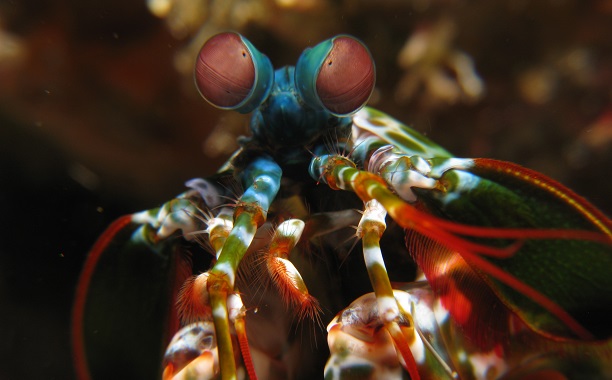A tiny parasite known as Pleistophora mulleri seems to play a role in cannibalistic behavior exhibited in a species of freshwater shrimp derived from Northern Ireland, according to a new study published in the journal Royal Society Open Science.
The shrimp species Gammarus deubeni are known to occasionally eat their own kind, however, once infected with the tiny parasite, researchers discovered that they’re more likely to cannibalize their own kind. Not just that, the parasite also seems to make them more voracious.
Alison Dunn from the University of Leeds offered an explanation for why the infected shrimp are more likely to devour one another after they’ve been infected with the parasite, as the infection roots itself in their muscles which makes subsequently reduces their ability to catch prey from other species. As a result, Dunn proposed in a news release that “cannibalism of smaller shrimp” might be “the only way these sick animals can survive” once they’ve been gimped by the parasitic infection.
Perhaps cannibalism of smaller shrimp is the only way these sick animals can survive […] Cannibalism for the shrimp, unlike in humans, is a significant source of food even in uninfected animals […] It seems unlikely that a parasite would be under evolutionary pressure to influence cannibalism in humans.
ABC News quoted a molecular microbiologist at John Hopkins Malaria Research Institute, Clive Shiff, as having said that the natural world is “filled with parasitic horror stories” such as hairworm larva which takes over the brand and nervous system of grasshoppers before instructing infected grasshoppers to commit suicide by jumping into water and drowning themselves.
In other parasitic coverage here on Immortal News, doctors found a tapeworm inside the brain of a man in the United Kingdom.
























